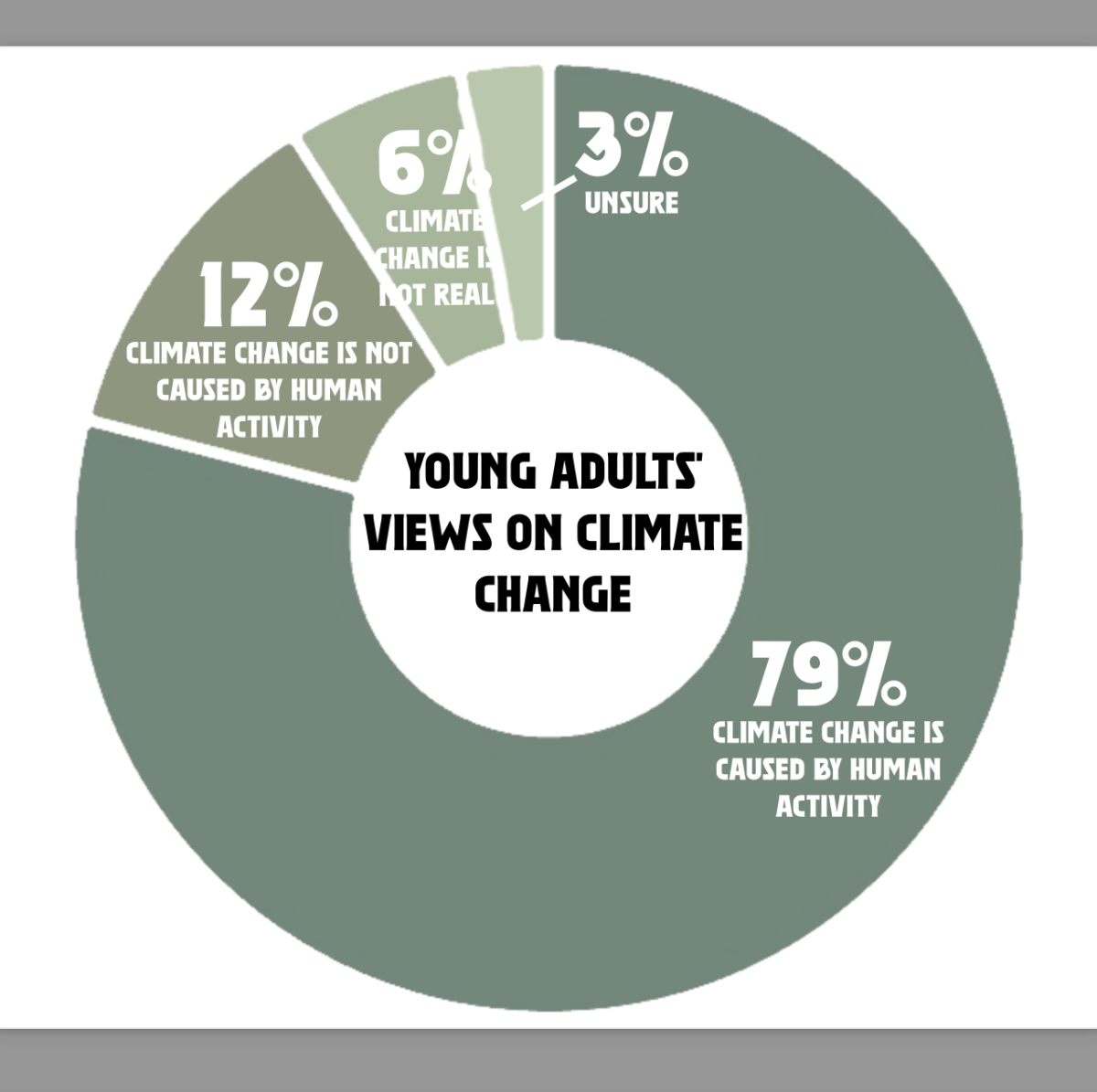With the signing of legislation by current Governor J.B. Pritzker, the workers of Illinois saw their minimum wage increase from $13 to $14 an hour, according to the Illinois Department of Labor (DOL), taking effect in January.
Public Act 101-0001 (PA 101-0001), the law raising minimum wage, also included increased wages for tipped workers and employees under 18 – the tipped worker wage rose to $8.40 and the wage for minors working less than 650 hours rose to $12, according to IDOL. These wages will increase again next year.
The living wage has been on a consistent increase of one dollar a year since 2020, according to Illinois.labor.gov. This increase serves as a response to the rising inflation, which has been occurring since the COVID-19 pandemic, John Blix, Business Education Teacher, explained. The series of increases has been made with the intention to raise minimum wage to a living level, meaning that the wage could be enough to support a life, Blix added.
“[Minimum wage increases] provide what proponents call a living wage,” Blix said. “[That means workers] can afford housing and possibly raise children.”
Consequently, prices of consumer goods will rise, which is inevitable as the economy expands, Blix explained. When companies are required to increase their wages, they must compensate for the cost elsewhere, he added.
“If I’m a company owner and my labor costs are going up, I’m not going to just accept that and have lower margins and profits,” Blix said. “I’m going to pass that cost along in the form of [higher prices].”
Minimum wage varies state-by-state, as it is dependent on their legislation, Blix explained. The highest minimum wage is in Washington D.C., where the hourly rate is $17, meanwhile the lowest is $7.25, which is present in 20 states, according to Paycor Inc. Minimum wage is influenced by state’s general political leaning and their population, amongst other factors, Blix added.
Many working students at South make minimum wage, Dawn Hall, CTE Instructional Supervisor, said. The wage increase allows students to contribute more to things like college funds and student’s savings, Hall added.
“[The increase is absolutely positive for [working] students,” Hall said. “Earning [an increased] minimum wage has been nice [for them].”
Sophomore Sanju Purayil works at Einstein Bagels in Glenview every Sunday and earns minimum wage. Taking into consideration inflation, $14 an hour is a reasonable salary for her job, Purayil explained. As inflation increases, it is reasonable for minimum wage to follow suit, she added.
“If the prices for everything else are increasing then minimum wage should increase too,” Purayil said.
The goal of increasing Illinois’ minimum wage annually is to ensure state residents can live off what they earn, according to the Illinois Economic Policy Institute (EPI). Everyone should be able to live off of their earnings, whether it is minimum wage, or a higher level job, Purayil expressed.
“There’s a lot of people who don’t want to go to college and get higher [paying jobs],” Purayil said. “If they choose to work [and earn minimum wage], they should be able to earn enough money [to live off].”
While the increase may make a living wage more possible, it also compels companies to lower their employee threshold, Blix explained. This is done to afford the growing cost of labor, he added.
“Some businesses [will] raise prices,” Blix said. “Some are going to look for other ways to avoid it. [They may] look to technology to avoid that extra cost. They’re not going to hire like they might have if the wage rate was lower.”
















